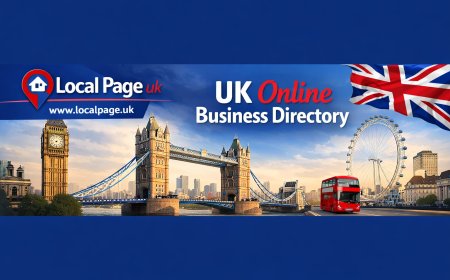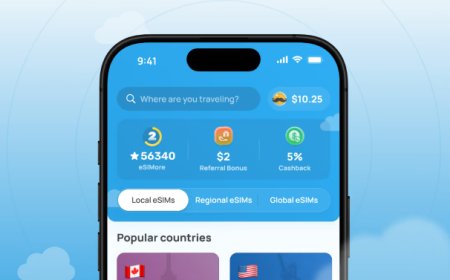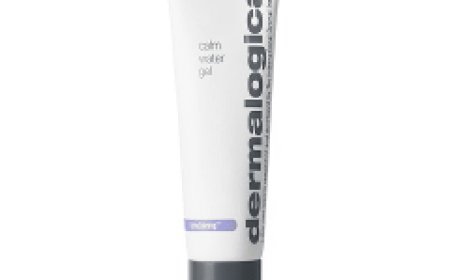The Essential Guide to the National Water Hygiene Card (Blue Card)
Your essential guide to the National Water Hygiene Card. Learn what the EUSR 'Blue Card' is, who needs it, and how to get your water hygiene card today.
Protecting the quality of our drinking water is a responsibility of the highest importance. Every day, countless professionals work on the network that supplies clean, safe water to homes and businesses across the UK. To ensure every individual involved has the knowledge to prevent contamination, the National Water Hygiene card scheme was established.
Often known as the 'Blue Card', this certification is the gold standard for anyone working in contact with the public water supply. This guide will cover everything you need to know about this vital qualification, from who needs it to how you can get yours.
What is a National Water Hygiene Card?
The National Water Hygiene card is a certification issued by the Energy & Utility Skills Register (EUSR). It serves as proof that an individual has successfully completed training on best practices for working with potable water.
The scheme is designed to protect public health by ensuring all workers understand how their actions can impact water quality. Holding a valid EUSR water hygiene card demonstrates a thorough understanding of hygiene issues and the competence to work safely without causing contamination.
Who Needs a Water Hygiene Card?
A wide range of professionals require a National Water Hygiene card to gain access to restricted operations sites, such as water treatment works, service reservoirs, and pumping stations. If your role involves any contact with the public water supply, you will almost certainly need this certification.
Key roles that require a water hygiene card include:
-
Water company employees
-
Plumbers and heating engineers
-
Utility and construction workers
-
Mechanical and electrical engineers
-
Soil sampling operatives
-
Anyone involved in the installation, maintenance, or inspection of water systems
Essentially, if you work on a site or in a role that could risk contamination of drinking water, obtaining your Blue Card is a necessity.
Why is the National Water Hygiene Scheme so Important?
The importance of this scheme cannot be overstated. It is a critical pillar in safeguarding public health against waterborne diseases and contamination.
-
Protecting Public Health: The primary goal is to prevent the contamination of drinking water. The course covers everything from personal hygiene to the correct use of tools and equipment, ensuring water remains safe for consumption.
-
Industry-Wide Standard: The scheme provides a single, recognised standard across the UK. This ensures that every worker, regardless of their employer, has the same foundational knowledge of water hygiene principles.
-
Compliance and Site Access: Most UK water companies mandate the National Water Hygiene card for access to their sites. Without it, you simply will not be permitted to work on restricted operations, making it essential for your career.
How to Get Your National Water Hygiene Card
The process for obtaining your EUSR water hygiene certification is straightforward and designed to be accessible.
-
Step 1: Find an Approved Training Provider You must complete the course through an accredited provider who is authorised to deliver the National Water Hygiene scheme.
-
Step 2: Complete the Training Course The course itself is typically a half-day session. It involves interactive learning, discussions, and practical examples to ensure you understand the material thoroughly.
-
Step 3: Pass the Assessment At the end of the training, you will complete a health screening questionnaire and a multiple-choice test. This assessment confirms your understanding of the key hygiene principles.
-
Step 4: EUSR Registration Upon successful completion, your training provider will register you with the EUSR. You will then be issued with your official National Water Hygiene card, which is valid for three years.
Renewing Your Water Hygiene Card
To maintain your registration, you must renew your card every three years by completing the training and assessment again. This ensures that your knowledge remains current and reinforces the importance of hygiene best practices.
Your Essential Qualification for the Water Industry
The National Water Hygiene card is more than just a piece of plastic; it is a mark of professional responsibility. It demonstrates your commitment to protecting public health and is an indispensable qualification for a successful career in the UK water industry.
Ready to get your Blue Card? Contact an approved training provider today to book your course and secure your essential place in the water industry.










































